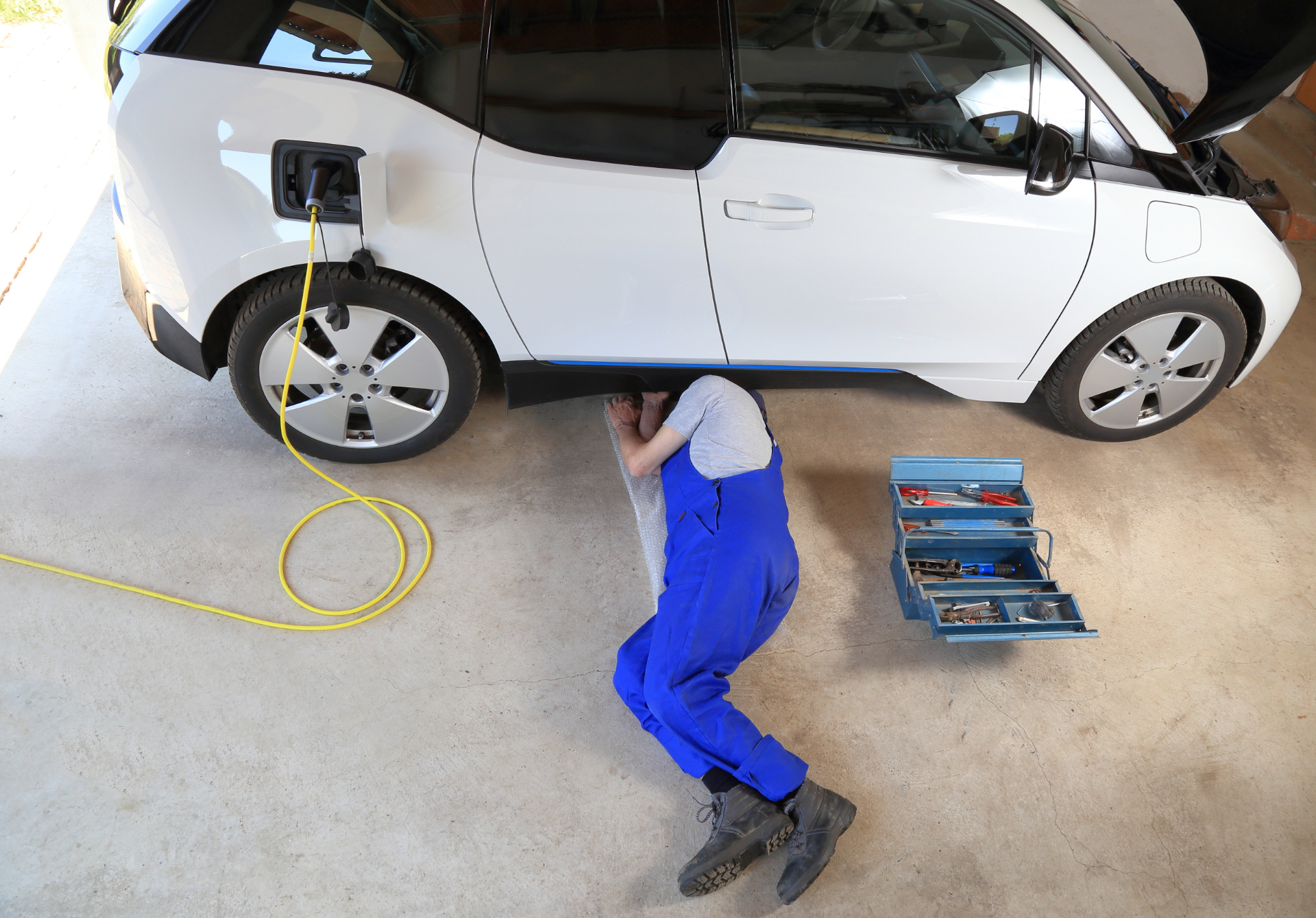Annual new car sales in the UK reached a record in 2016, and to mark today’s arrival of the ‘17 vehicle registration, The Motor Ombudsman has put together 17 top tips when looking to buy a brand new car.
- Choose the make and model which best suits your needs and lifestyle rather than your ideal car. There are plenty of buying and comparison guides on the internet.
- Take the time to do your research online or on the forecourt, as the best deal might not necessarily be the one closest to you.
- Test-drive cars that you are interested in so that you can see exactly what you are buying. In addition, ask plenty of questions so that you are satisfied that you have all the information to hand before making a purchase.
- Look out for whether the dealer has signed up to a Code of Practice for new car sales. This means that they have committed to high operating standards and to using a provider of Alternative Dispute Resolution (ADR), such as The Motor Ombudsman. Should a dispute arise after delivery that you can’t sort out directly with the garage, you will have an impartial body that you can turn to.
- Buy a vehicle face-to-face or online through an established retailer as this offers you the most protection with the least risk. Furthermore, by opting to purchase from a retailer, you are fully covered by the Consumer Rights Act 2015.
- There is often room for negotiation, so don’t assume that the advertised price is ever final.
- Although it can be tempting, don’t spend more than your budget, and make sure that you can afford the monthly repayments if you take out any type of finance or leasing package.
- Look at the running costs of your chosen model (including insurance, tax, fuel, MOTs and servicing), not just what the initial outlay is for the car.
- If you are buying an electric vehicle, check out the cost of on-street charging and having a point installed at home to ensure that it’s all affordable.
- Choosing optional extras may not necessarily add value, and a less ‘traditional’ colour scheme might not appeal to future buyers upon resale.
- Read the small print, as well as the terms and conditions before you sign any paperwork, as there could be additional charges for items such as the registration plates and delivery.
- It you have bought a personalised plate, ask the dealer if the car can be registered with your chosen combination. You will also need to complete section 1 of the DVLA’s Certificate of Entitlement (V750) and select ‘unregistered vehicle’.
- Check whether the car comes with complementary drive-away insurance as you need to be covered from the moment that you turn the ignition for the first time. Some packages may even come with free cover and servicing for 12 months, so look to see what is included.
- Although it’s a brand new car, mechanical issues can still arise. Therefore, make certain that you have the right level of breakdown cover for home and further afield. There are numerous online comparison sites so that you don’t pay over the odds for what you need. You may even be able to get a preferential price from an existing insurer, so it’s worth shopping around and looking at the various options which are available.
- Warranties vary by manufacturer and can be for as much as seven years, so look to see what the car comes with. If a garage follows the manufacturer’s prescribed servicing schedule and uses genuine parts during the work, your warranty will not be invalidated if the car is maintained outside of the dealer network.
- If you are looking to re-sell the vehicle rather than keeping it long-term, read up on the forecasted depreciation as this differs significantly between make and model. There are free online calculators which can be a good guide for this.
- Trading in an existing car at a garage can be an effective way of reducing the overall cost of a new one. There are plenty of resources that are widely available that will allow you to get an idea of what constitutes a fair price based on criteria such as age, mileage and condition.
The Motor Ombudsman



